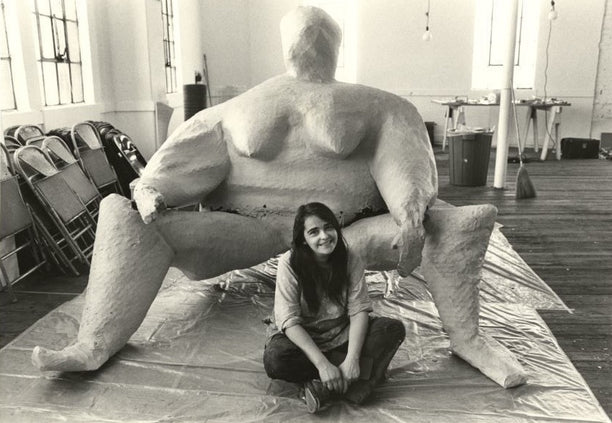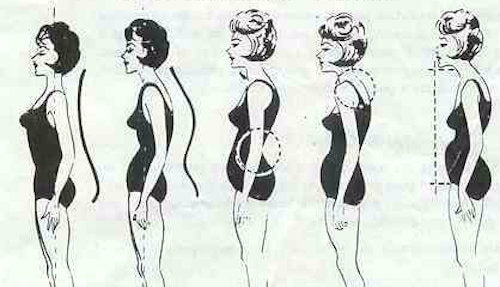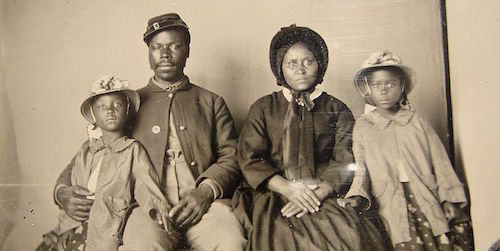
At the point at which we wrote these stories, we had not yet turned our attention to the way in which sexuality itself is constructed. Writing and discussing stories of this kind left us with a feeling of helplessness; how were we to identify means of defending ourselves against the forms of oppression they described? No matter how far back they went, these stories always depicted the results of an already existing repression of sexuality. Examining the notion of sexuality more closely, we found it to be represented and lived as oppression at the very moment of its emergence; thus its suppression could not be assumed, as we had hitherto believed, to consist solely in a prohibition of the sexual. But then, what is “the sexual”? In the first instance it seems clear that it is something that happens with our bodies. In an attempt then to discover the origins of our deficiencies and our discontents in the domain of the sexual, we decided at an early point in our research to focus our study on our relationships to our bodies and to their development.













